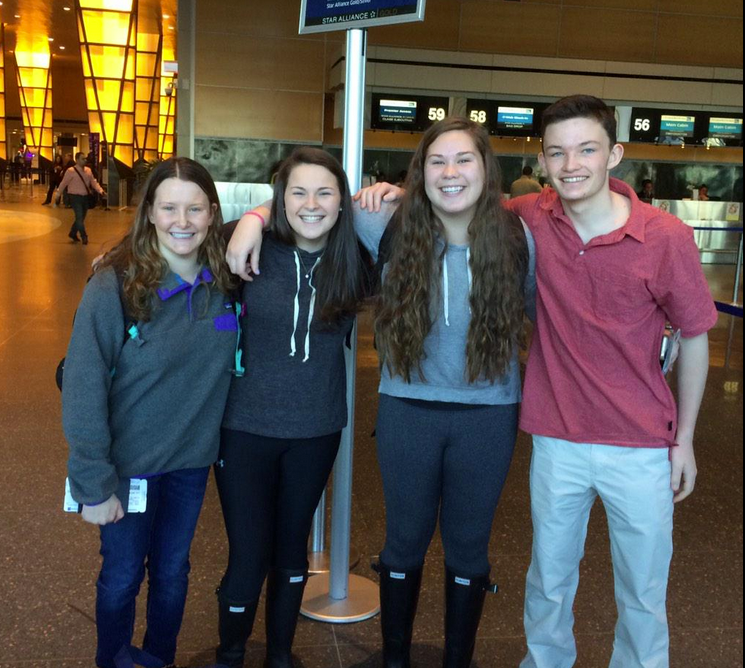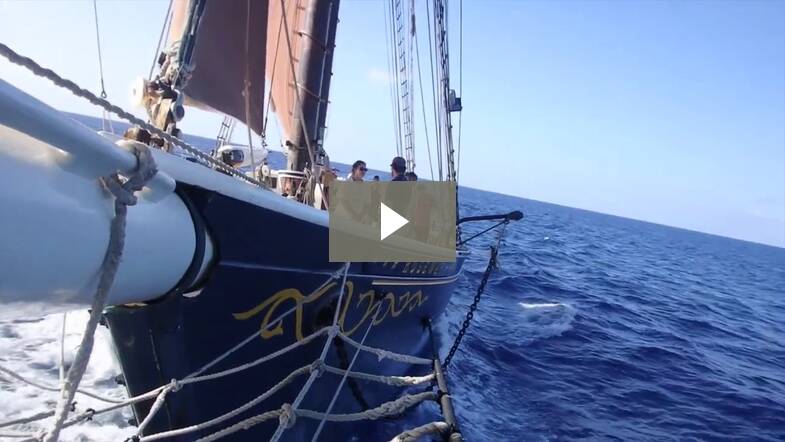While we obviously must avoid placing our students in danger, we must allow them to explore their world. We know there is no better way to learn than to live, and there is no better way to build confidence and courage as a learner than to actually be responsible for navigating life. At Proctor, we seek to provide a living education, not an observational one.

Last year at this time, The Atlantic published The Overprotected Kid. As the parent of three young children, my perspective now is very different than it was as a child growing up in rural, small town Vermont. I constantly ask myself, “Could my son get hurt doing that?”, “Should he climb that tree, or will he fall?” I don’t want to, but I worry. As a school responsible for the well-being of 360 adolescents, we must ask ourselves these same types of questions. However, we always want to be sure to identify the difference between being over-protective and providing calculated risks to our students.

We want our students to be in the Costa Rican rainforest watching carefully to avoid stepping on poisonous native species, not just reading about the creatures in a textbook. Sadie, Mikaylee, Hannah & Drew (above en route to Costa Rica this week) will do at the Cloud Forest School this spring!

We want our students to be the ones pulling in the rigging in a powerful Atlantic storm as they experience first hand the weather patterns and nautical navigation needed to sail a schooner a thousand miles. We do not just want them to watch a documentary about it.

We want our students traveling through Europe and Spain, learning how to navigate city streets and communicate in a foreign language with complete strangers as a means of language acquisition. We do not only want them completing language exercises in a classroom, but to truly live and learn to appreciate other cultures.

We want our students to meet recent immigrants at the Annunciation House while studying border issues. We want them to hear people’s stories, struggles, and dreams from their own mouths, not just read articles about immigration policy in national publications.
Next week, students and faculty will join together on Project Period - a four-day intensive experiential learning opportunity. It is not risk-free. But it is filled with hands-on learning opportunities that will shape students’ lives. It is directly in line with what we believe education should be which energizes faculty and students alike.

To make education ‘real’ is no easy task, but it is perhaps the most important gift we can give our students. Hanna Rosin, the author of the aforementioned article, notes, “One common concern of parents these days is that children grow up too fast. But sometimes it seems as if children don’t get the space to grow up at all; they just become adept at mimicking the habits of adulthood...We can no more create the perfect environment for our children than we can create perfect children.”
Sometimes we have to remind ourselves to not worry quite as much about protecting our kids from every danger that lurks around the corner, and instead set them free to learn to live.








